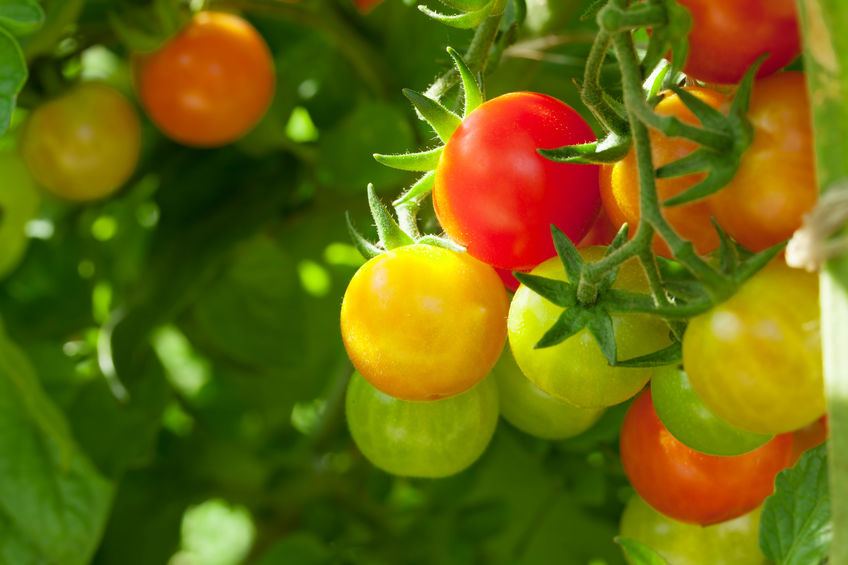Coloured light could boost crop yields, scientists say

Scientists have found a way to control different plant processes using nothing but coloured light in a finding which could help boost crop yields.
The development reveals how coloured light can be used to control biological processes in plants by switching different genes on and off.
University of East Anglia scientists said it could lead to advances in how plants grow, flower and adapt to their environment, ultimately allowing increases in crop yields.
Dr Ben Miller, from UEA’s School of Biological Sciences, said: “Our team have been working on optogenetics – using light to precisely control biological processes – in plants.
“Using optogenetics in plants hadn’t been possible before because plants naturally respond to light as they grow. Any genetic switches controlled by light would therefore be constantly active."
But the researchers developed a special system which overcame this problem and allowed them to to control different cellular processes in plants using light.
“We can now use a red light to cause gene expression at a precise moment, while an ambient white light can be used as an ‘off switch’ to reverse the process. This can be repeated any number of times," Dr Miller said.
“We can use this system to manipulate physiological responses in plants, for example their immune response, and perhaps their development, growth, hormone signalling and stress responses.”
The new tool called PULSE (Plant Usable Light-Switch Elements) is suitable for plants growing under normal day and night cycles.
Dr Miller said in the future, this research could mean that scientists may be able to modulate how plants grow and respond and adapt to their environment, with light cues.
“For example, we have shown that plant immune responses can be switched on and off using our light-controlled system," he added.
"If this system was used in crops, we could potentially improve plant defences to pathogens and have an impact by improving yields.
“Using light to control biological processes is far less invasive and more reversible than using chemicals or drugs, so this new system in plants is a really exciting new tool for us to answer fundamental questions in plant biology.”
The study was published in the journal Nature Methods on Monday 29 June.








